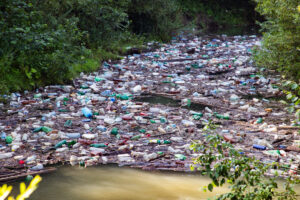
5 Tips for a More Sustainable Yard
Did you know that the type of lawn you have can contribute to global warming and significantly impact energy and water consumption? It’s true! From overwatering to using gas-powered lawn mowers and spraying chemical fertilizers, there are several ways in which your lawn care routine could wreak havoc on the environment. So what is there to do? When guests visit, your lawn is the first chance to make a first impression. Thankfully there is no need to stress; you can make many simple and easy changes to reduce your lawn’s effect on the environment while keeping it healthy and beautiful. Let’s dive in and explore some tips and tricks to help you create a beautiful, eco-friendly yard!










